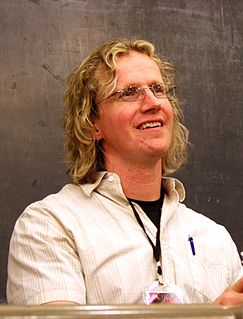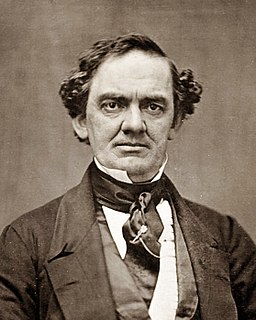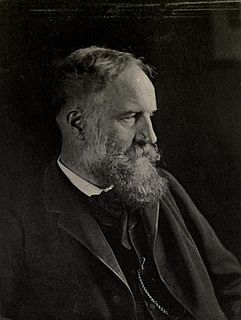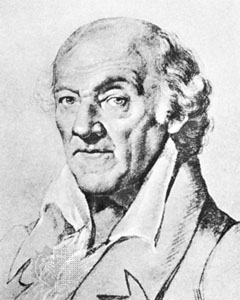A Quote by Aiden Wilson Tozer
Faith is occupied with the Object upon which it rests and pays no attention to itself at all.
Related Quotes
Like the eye which sees everything in front of it and never sees itself, faith is occupied with the Object upon which it rests and pays no attention to itself at all. While we are looking at God, we do not see ourselves - blessed riddance. The man who has struggled to purify himself and has had nothing but repeated failures will experience real relief when he stops tinkering with his soul and looks away to the perfect One.
There’s faith that knows itself as faith, Proyas, and there’s faith that confuses itself for knowledge. The first embraces uncertainty, acknowledges the mysteriousness of the God. It begets compassion and tolerance. Who can entirely condemn when they’re not entirely certain they’re in the right? But the second, Proyas, the second embraces certainty and only pays lip service to the God’s mystery. It begets intolerance, hatred, violence.
Constant hammering on one nail will generally drive it home at last, so that it can be clinched. When a man's undivided attention is centered on one object, his mind will constantly be suggesting improvements of value, which would escape him if his brain was occupied by a dozen different subjects at once.
Here, then, is the point at which I see the new mission of the librarian rise up incomparably higher than all those preceding. Up until the present, the librarian has been principally occupied with the book as a thing, as a material object. From now on he must give his attention to the book as a living function. He must become a policeman, master of the raging book.
True hope is based on the energy of character. A strong mind always hopes, and has always cause to hope, because it knows the mutability of human affairs, and how slight a circumstance may change the whole course of events. Such a spirit, too, rests upon itself; it is not confined to partial views or to one particular object. And if at last all should be lost, it has saved itself.





































